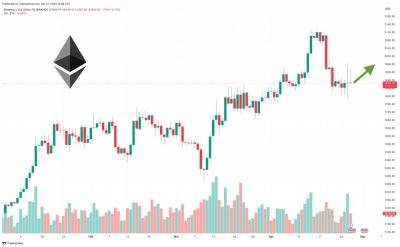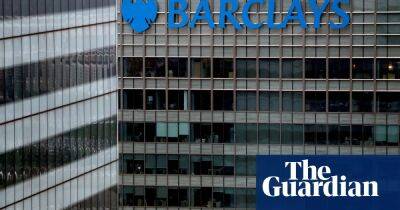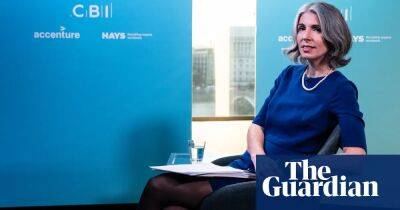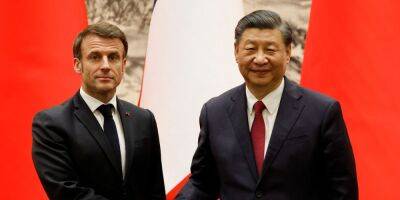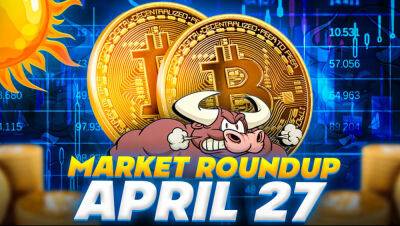After First Republic's rescue, economists predict further pain with a 'new era' of higher inflation
After the rescue of First Republic Bank by JPMorgan Chase over the weekend, leading economists predict a prolonged period of higher interest rates will expose further frailties in the banking sector, potentially compromising the capacity of central banks to rein in inflation.
The U.S. Federal Reserve will announce its latest monetary policy decision on Wednesday, closely followed by the European Central Bank on Thursday.
Central banks around the world have been aggressively raising interest rates for over a year in a bid to curb sky-high inflation, but economists warned in recent days that price pressures look likely to remain higher for longer.
The WEF Chief Economists Outlook report published Monday highlighted that inflation remains a primary concern. Almost 80% of chief economists surveyed said central banks face «a trade-off between managing inflation and maintaining financial sector stability,» while a similar proportion expects central banks to struggle to reach their inflation targets.
«Most chief economists are expecting that central banks will have to play a very delicate dance between wanting to bring down inflation further and the financial stability concerns that have also arisen in the last few months,» Zahidi told CNBC Monday.
As a result, she explained, that trade-off will become harder to navigate, with around three quarters of economists polled expecting inflation to remain high, or central banks to be unable to move fast enough to bring it down to target.
First Republic Bank became the latest casualty over the weekend, the third among mid-sized U.S. banks after the sudden collapse of Silicon Valley Bank and Signature Bank in early March. This time, it was JPMorgan Chase that rode to the rescue,
Read more on cnbc.com


